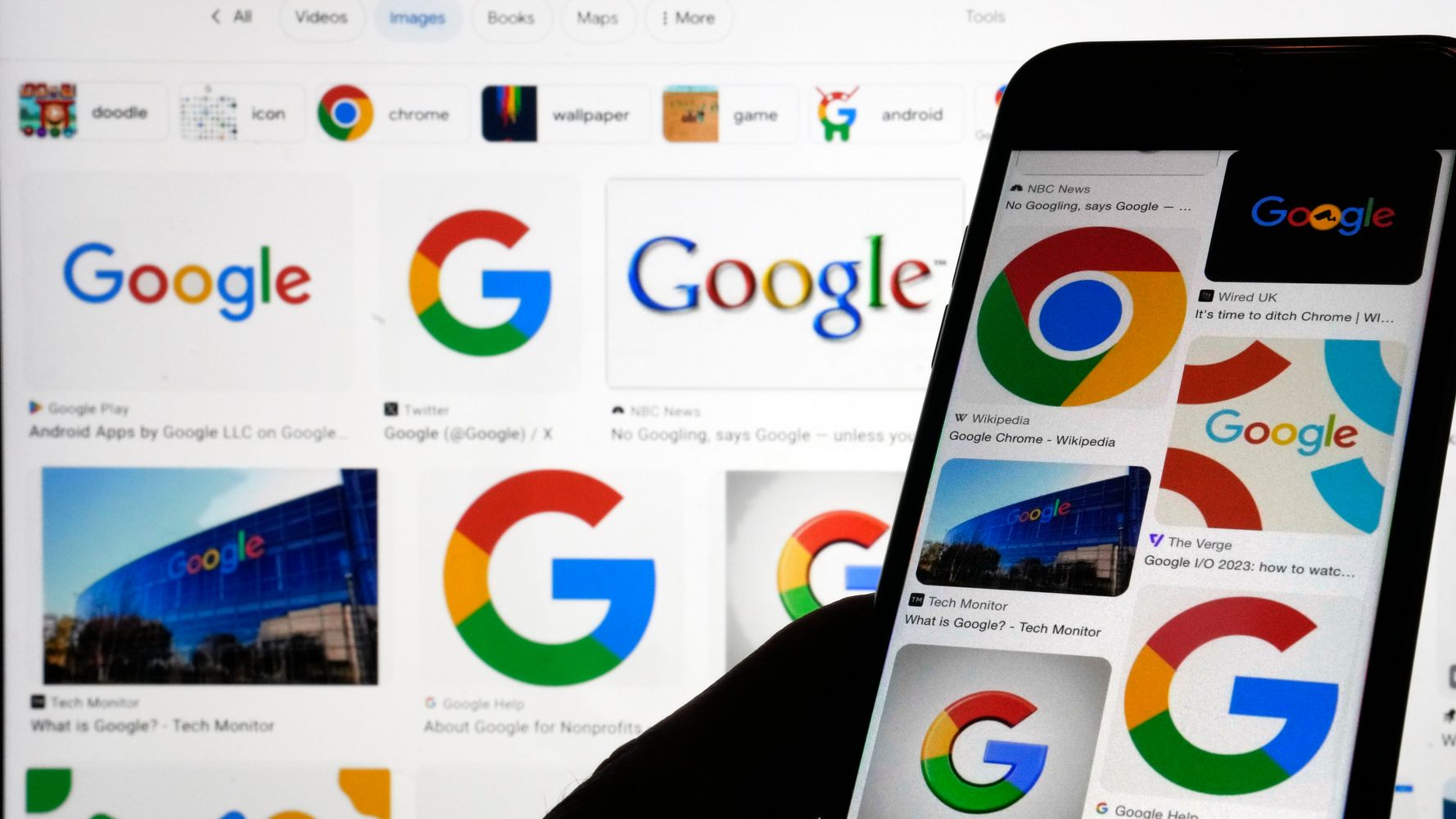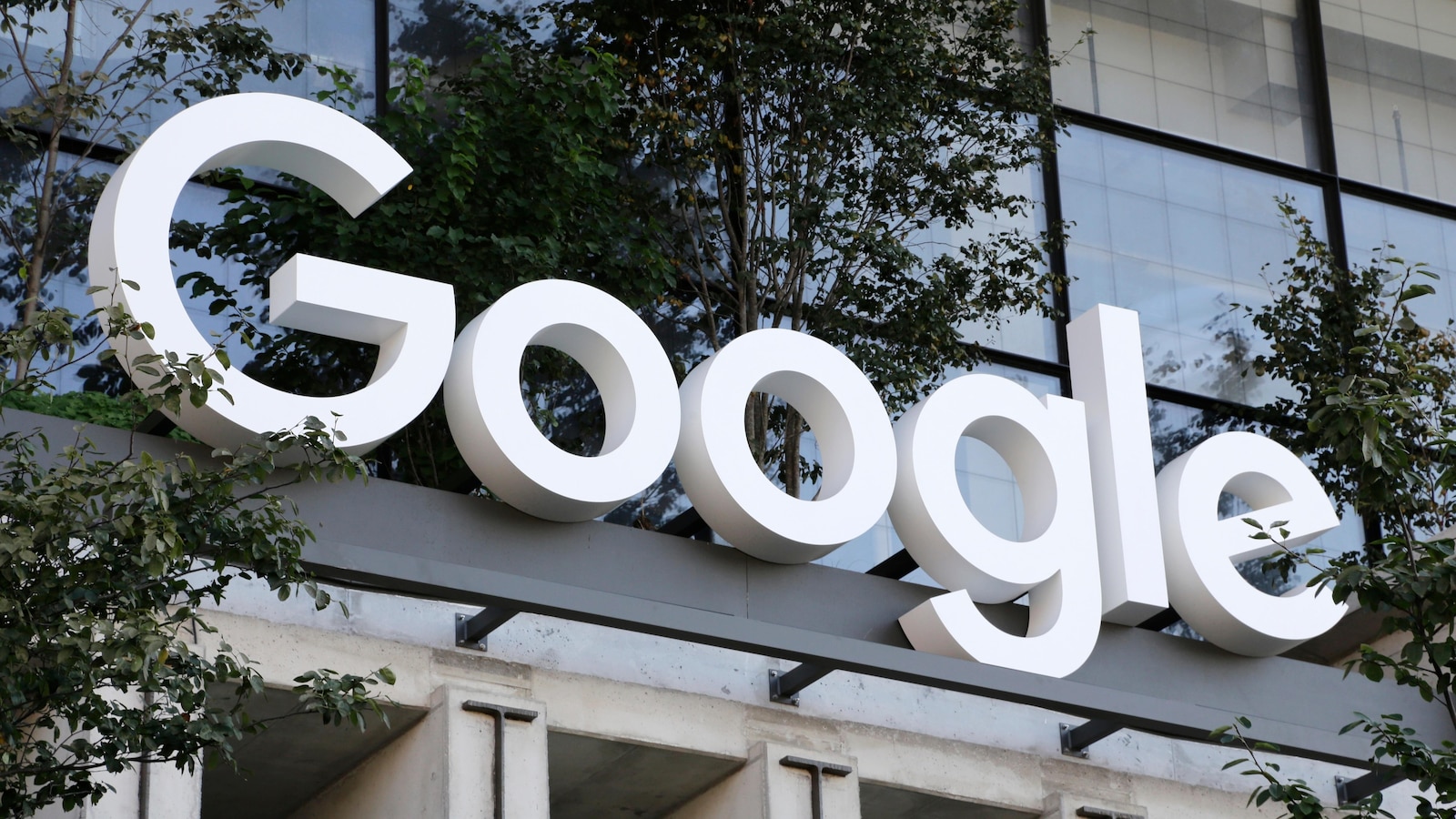Historical Google Conviction for Monopoly Practices and the Microsoft Precedent
Internet users worldwide will face significant changes following an American court’s conviction of Google for engaging in monopoly practices. The tech giant, accused of imposing its search engine as the default software on various devices, intends to appeal the groundbreaking verdict.
Consequences of the Court’s Decision
The repercussions of the court’s decision range from a hefty fine to more complex measures:
Breaking Up Google
The most drastic and undesirable action for Google would be to split into smaller entities, a move not yet ruled out by official bodies. Google’s acquisitions over the years include Android (acquired in 2005 for $50 million) and YouTube (acquired in 2006 for $1.65 billion), investments that now generate substantial revenue.
The discussion revolves around separating these subsidiaries from Google’s ownership while allowing the search engine to remain the default on separate entities.
Google as the Default Search Engine
Google has been accused of paying substantial sums to other companies to remain the default search engine. The court agreed with these allegations, finding that Google paid Apple approximately $10 billion annually to maintain this status.
The court suggests that companies develop their search engines for their devices and customers. Apple’s Safari, its primary search engine, currently defaults to Google.
Despite these measures, Google has established such dominance in search engines that the phrase “to google something” has become commonplace.
Growing Dominance over Time
Google’s dominance has grown steadily over the years. It’s rare to find someone who doesn’t use Google to search the internet or has a strong preference for alternative search engines.
This wasn’t the case a decade ago. Competition was more robust, with search engines like Yahoo, Ask, Lykos, and AltaVista providing significant competition.
It’s worth noting that Satya Nadella, CEO of Microsoft, testified during the trial, hoping the court’s decision would provide Bing with a competitive edge.
The Microsoft Case
In 1999, Microsoft faced a strikingly similar situation to Google’s current predicament. The company was found guilty of monopoly practices and faced a breakup order the following year. Microsoft appealed the ruling, and the breakup order was overturned in 2001.
Microsoft settled with the U.S. Department of Justice in 2002, a settlement approved by the court. However, several U.S. states objected, leading to the case’s final resolution and closure in 2004.

